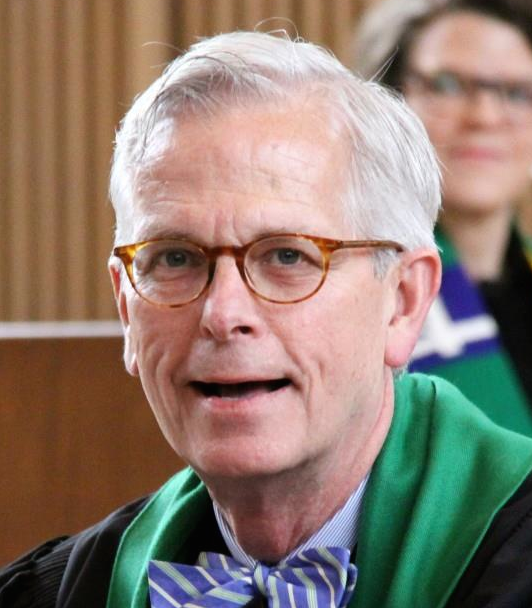A recent commentary posed a timely question: Does the Reformation matter anymore?
The Religion News Service piece by Jacob Lupfer was inspired by the Oct. 31 start of the one-year countdown to the 500th anniversary of the religious revolution sparked by Martin Luther — his nailing of the 95 Theses to the church door in Wittenberg.
Lupfer said he had wrestled with the question of the Reformation’s significance, noting that even Christian leaders like Rick Warren seemed to have abandoned the concept.
“I wanted my Protestantism to mean something,” Lupfer wrote in the Oct. 30 commentary. “But I found little evidence that it really mattered — to me or to anyone else.”
But even those who still embrace the label acknowledge they are in a dwindling minority of Christians. And they say the times have shifted so much that the term shouldn’t be used with, or about, Millennials and any of the religiously unaffiliated.
Still others say “Protestant” isn’t the only historic Christian term that’s ailing in the postmodern world.
Faith-based identifiers like “Baptist,” “Lutheran” and “Brethren” already are in the process of joining outdated labels such as “Anabaptist” and “Pilgrim,” said Baptist minister, author and speaker Alan Rudnick. The former are increasingly dropping off congregational names.
Church names and signs are indicators where that decline is becoming painfully evident, he said.
“To the average non-believer or marginal Christian, ‘First Baptist’ means nothing,” Rudnick said. “But 100 years ago it did.”
But the denominational relationships and structures implied in traditional church names also are dissolving, he said.
“Those kinds of affiliations, and those clear lines, no longer apply,” Rudnick said.
Nowadays, some churches have become so aware of that shift that they are dropping denominational affiliations from their titles. The word “church” is even disappearing in places.
“New churches are being established with names like Grace Fellowship,” he said.
It’s a smart move, Rudnick added.
“If we want to speak to this American society — 25 percent of whom are ‘nones’ — churches need to remember that titles like ‘First Baptist’ and ‘Protestant’ no longer carry the cultural assumptions they once did,” he said.
‘In ways they have never done before’
Kenneth Meyers shared similar observations, but still holds on to the Protestant term for himself.
 “The protest of Luther was a good thing. For me, it gave me the capacity to go beyond the dictates of a hierarchical church,” said Meyers, faith formation specialist with the Alliance of Baptists.
“The protest of Luther was a good thing. For me, it gave me the capacity to go beyond the dictates of a hierarchical church,” said Meyers, faith formation specialist with the Alliance of Baptists.
“I still hold it to be important,” he said. “I am all for the 95 Theses.”
But most Americans aren’t concerned with those values, forcing religious groups to be more creative in how they relate to the world around them, Meyers said.
 In fact, Meyers said his travels around the country have convinced him that Phyllis Tickle was on target with her idea that the church must undergo a “rummage sale” as the Reformation observes 500 years.
In fact, Meyers said his travels around the country have convinced him that Phyllis Tickle was on target with her idea that the church must undergo a “rummage sale” as the Reformation observes 500 years.
The church has entered a period when it must rethink and reinvent itself — just as it has every 500 years of its history, according to Tickle.
“If you take that rethinking seriously, you are going to have to sell off some of your old ideas and go for the new ideas — and that means the church must change its own culture from the inside,” Meyers said.
Often that means selling off property to be more nimble and more helpful to neighbors, Meyers said.
“The church has got to be connecting with people in its community, and that means off campus and that means in ways they have never done before,” he said.



